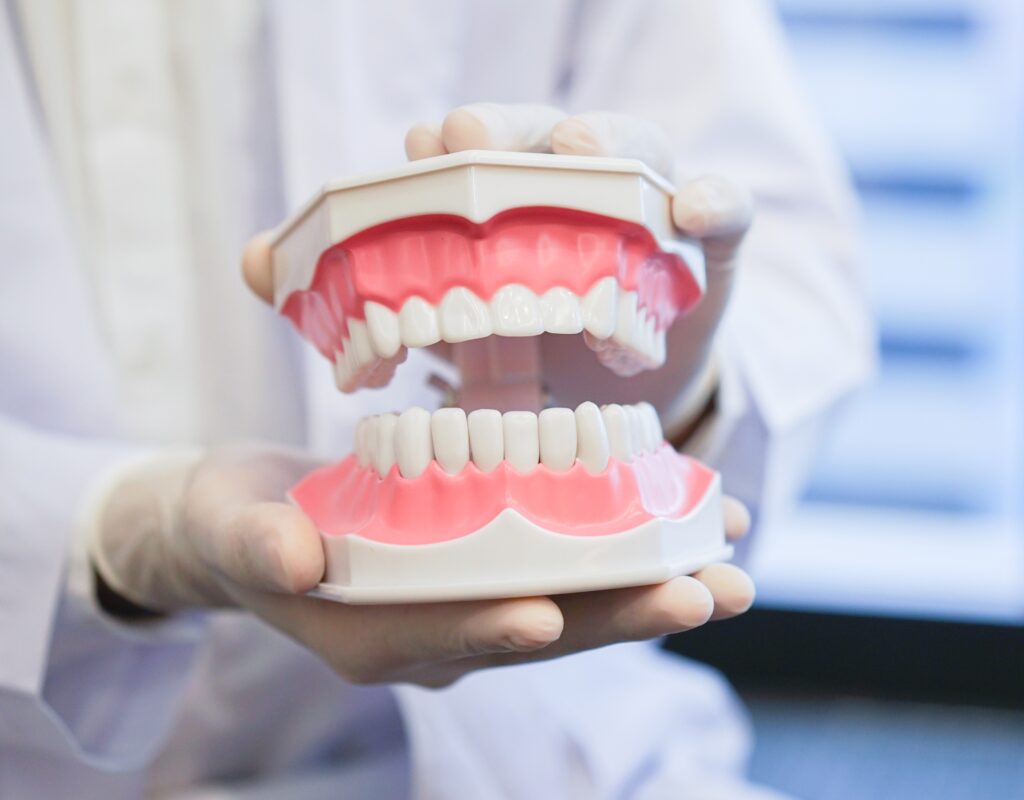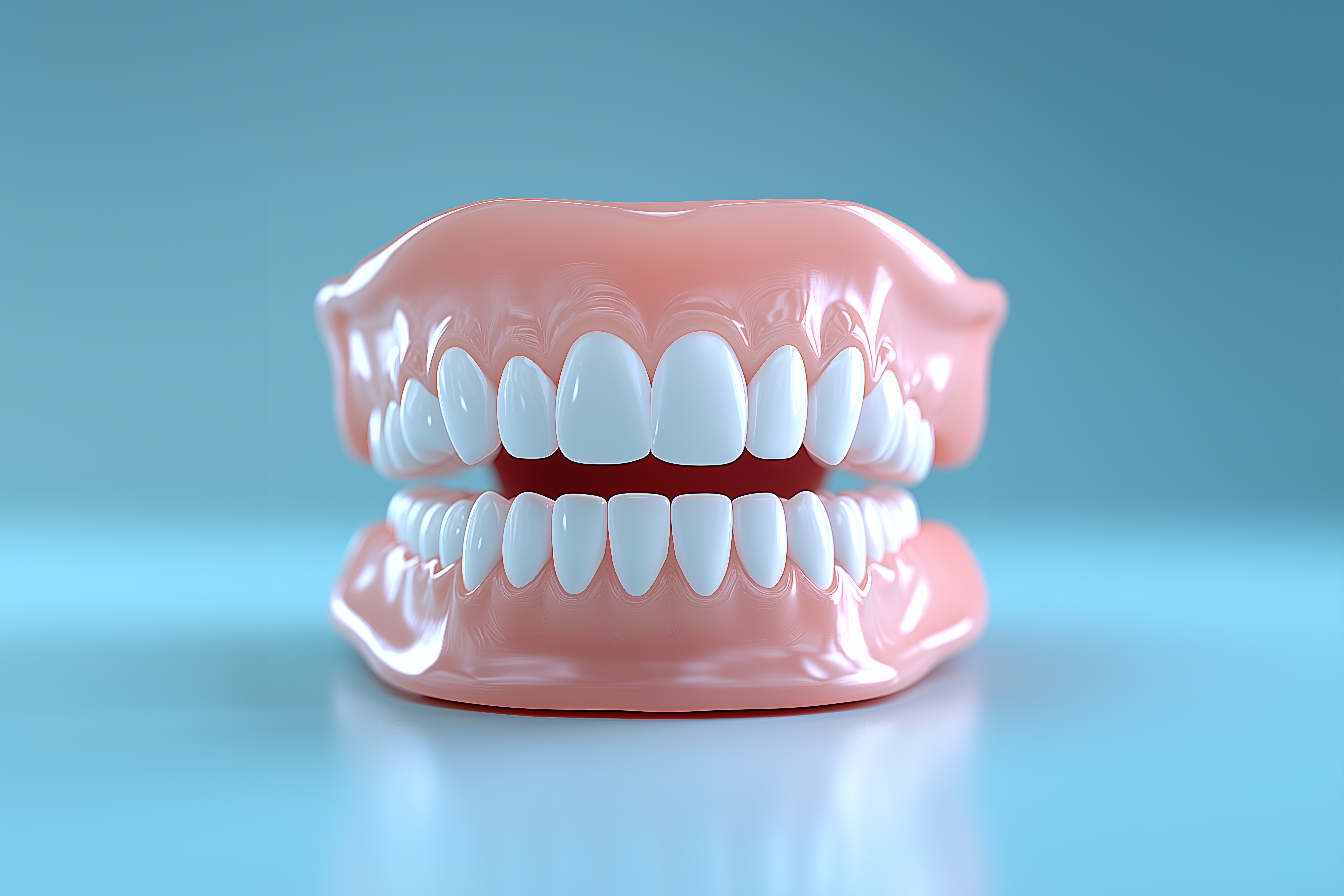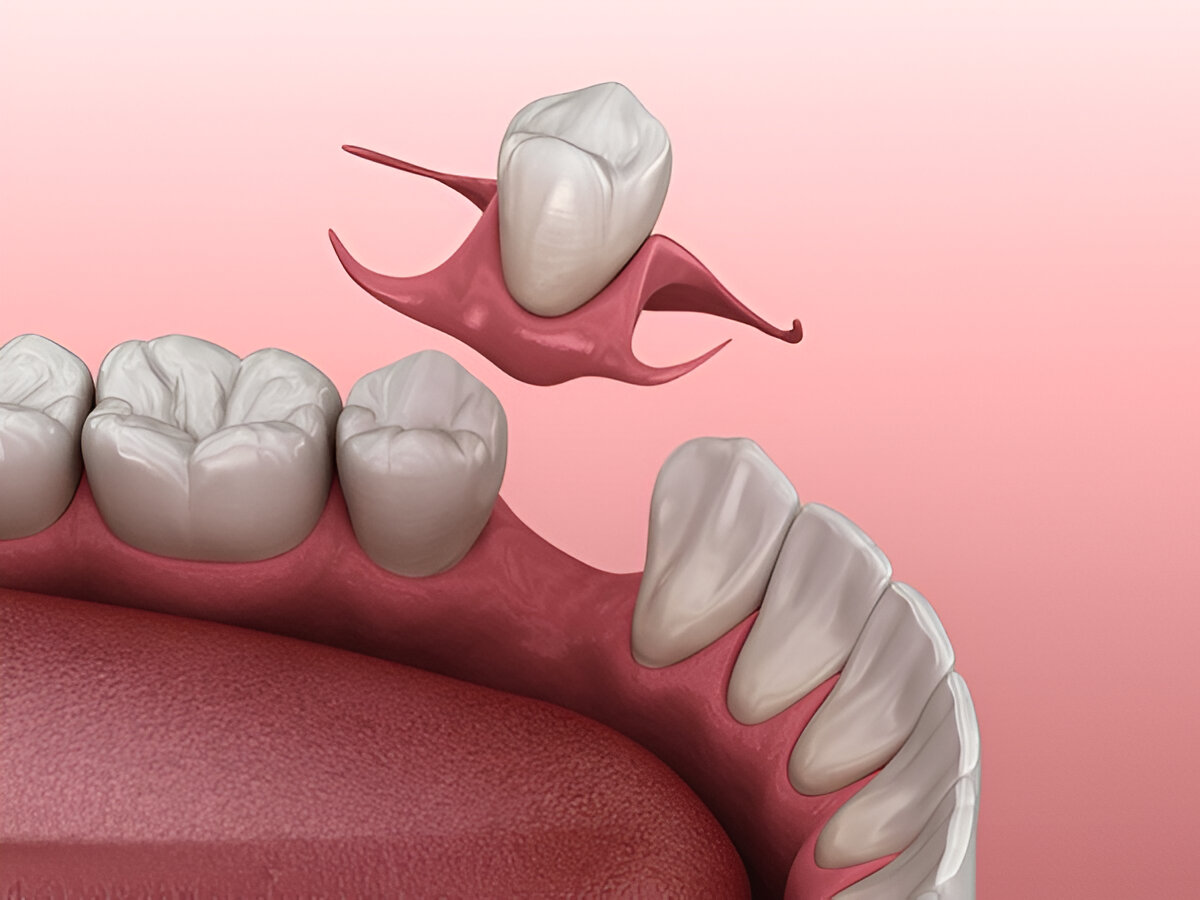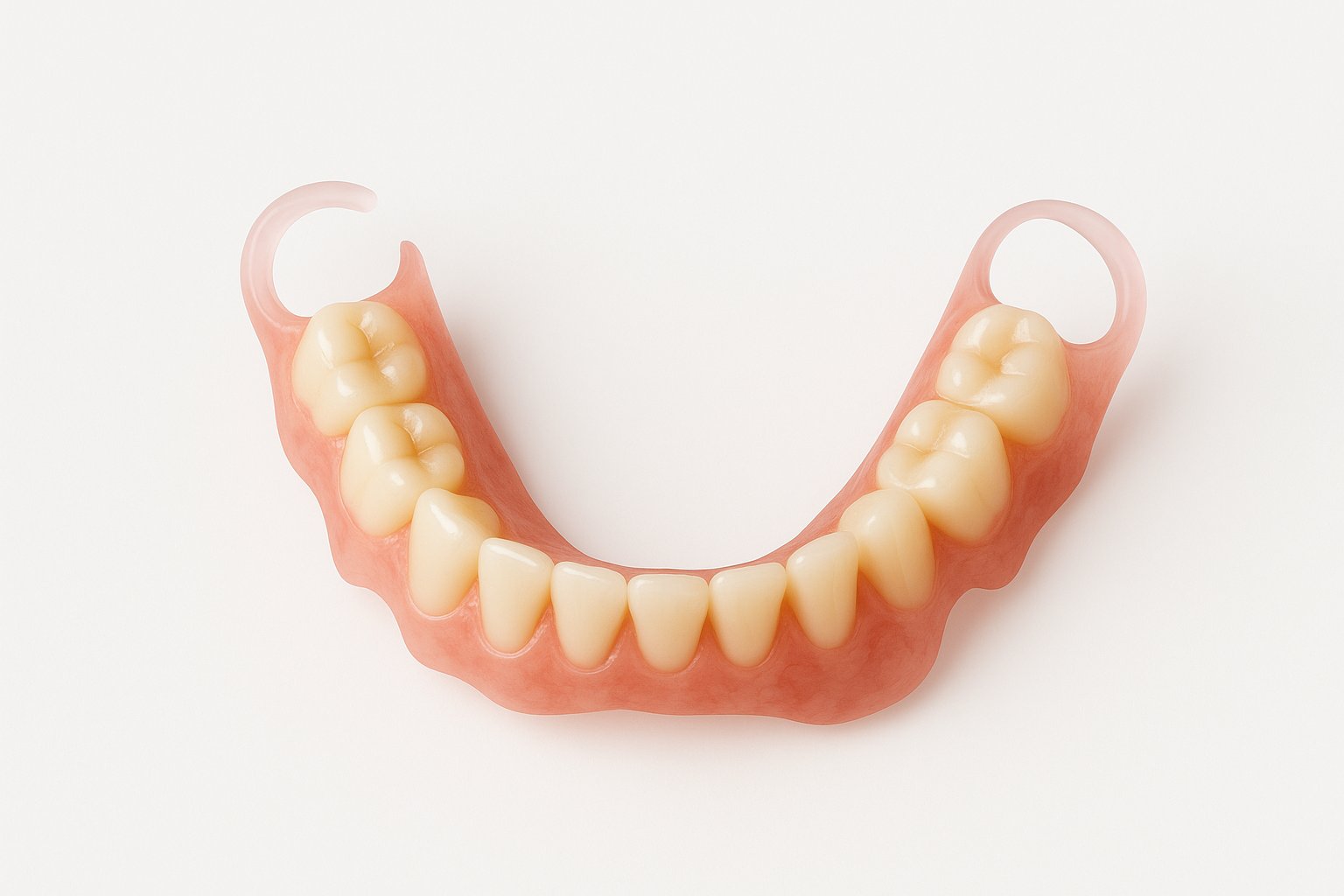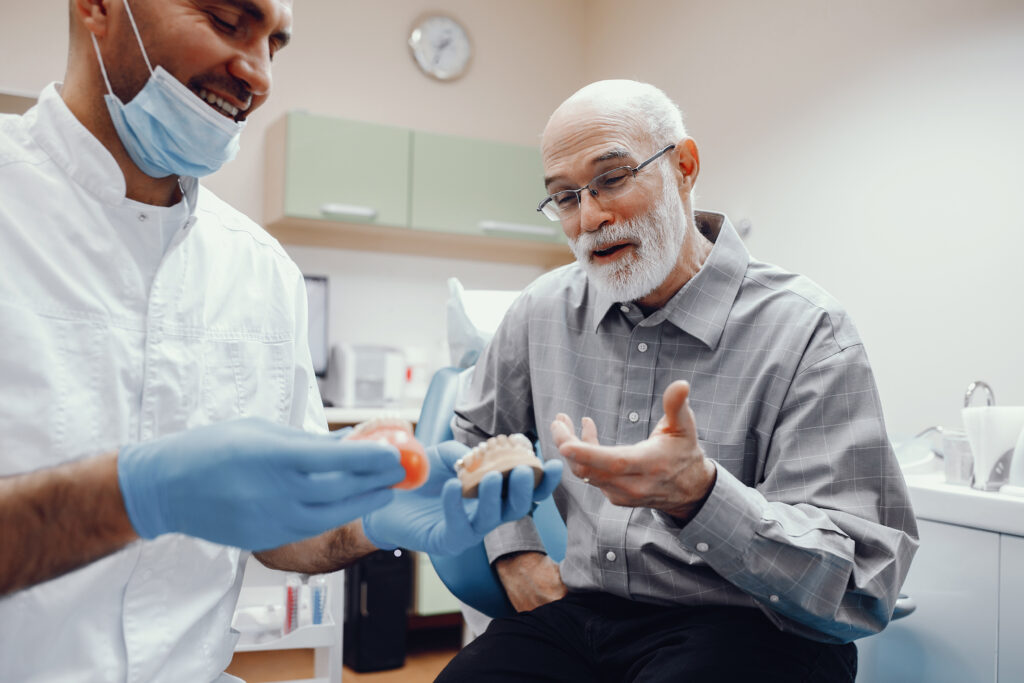📌 Evening OPDs now available at Ace Hospital!
👉 Book your evening consultation today – no more missing work hours!
🕔 Convenient timings for working professionals and families – visit us after your working hours!
💬 Expert doctors now available in the evening slots – limited appointments!
📞 Call now to schedule your Evening OPD at Ace Hospital
📌 Evening OPDs now available at Ace Hospital!
👉 Book your evening consultation today – no more missing work hours!
🕔 Convenient timings for working professionals and families – visit us after your working hours!
💬 Expert doctors now available in the evening slots – limited appointments!
📞 Call now to schedule your Evening OPD at Ace Hospital

